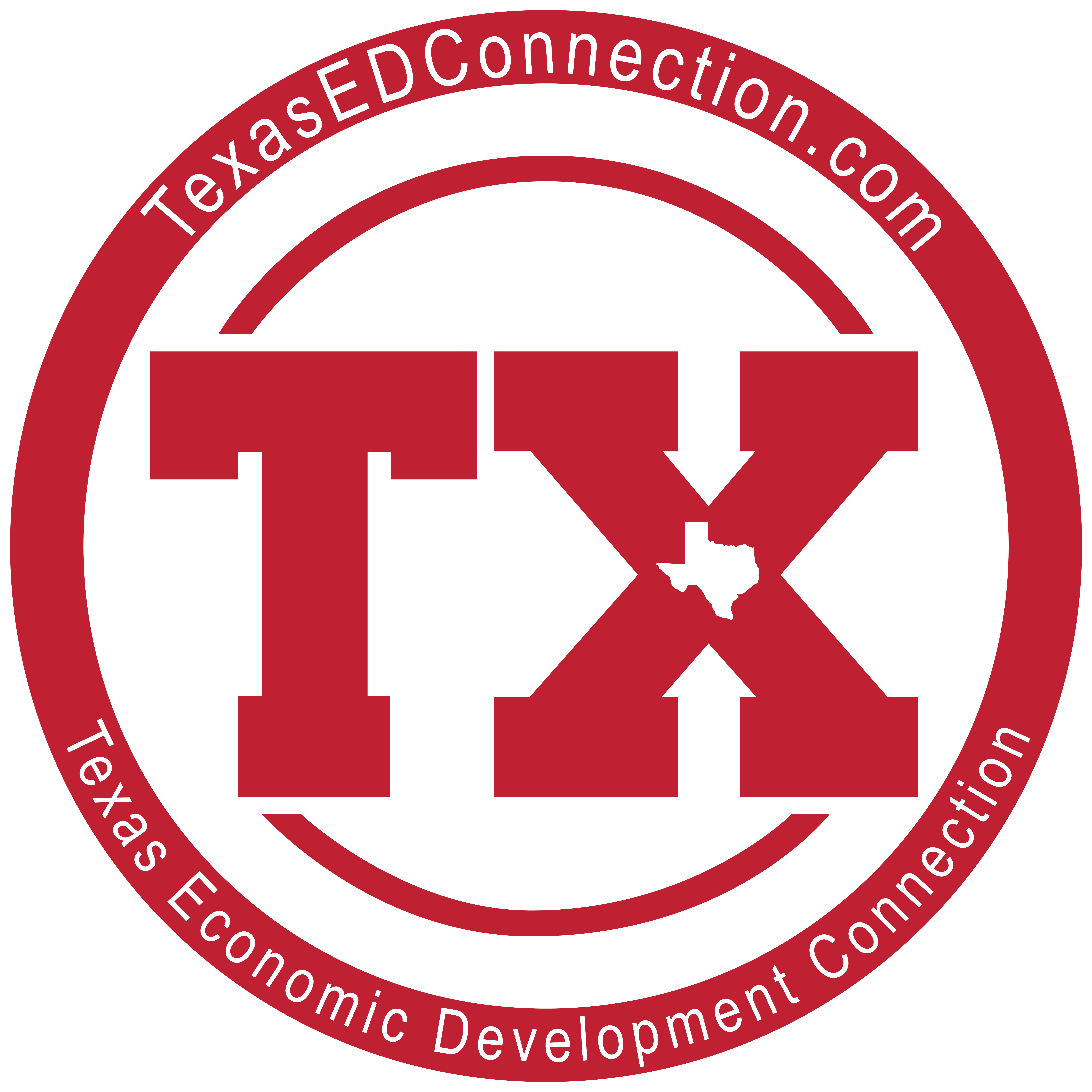Texas is often noted for its size and its corresponding large entities like Friday night football, majestic longhorns, and the big oil industry. However, Texas is currently crafting a pro-business culture that welcomes and nurtures small businesses of all kinds throughout the state. Small business tax incentives in Texas come in many different forms, and they are truly beneficial to Texas-based businesses.
- Businesses that create jobs, drive innovation, and encourage education are often eligible for some very attractive incentives in Texas. There’s plenty of room for business growth. Texas is taking initiative to incentivize companies to get work done in the Lone Star State. To that end, The Department of Economic Development Finance administers a number of incentives throughout the state.
- Job Creation is essential for businesses. A few incentives focus on job creation such as The Texas Small Business Credit Initiative (TSBCI) and The Texas Enterprise Fund (TEF).
The TSBCI supports state programs that provide resources to assist small business growth and create new jobs through increased access to funding. In addition, the program will assist small businesses that are traditionally marginalized as well as those impacted by the COVID-19 pandemic.
- The Texas Enterprise Fund is the largest “deal-closing” fund of its kind in the nation. TEF awards grants to companies considering a new project for which one Texas site is competing with other out-of-state sites. Projected new job creation must exceed 75 full-time jobs (urban areas) or 25 full-time jobs (rural areas) for these small business tax incentives in Texas.
- Big events can come with big benefits in Texas. The burgeoning tourism industry in Texas has helped grow The Events Trust Funds. This program applies local and state gains from sales and use, auto rental, hotel, and alcoholic beverage taxes. Eligible events are not restricted to sports, but the event venue must have been selected through a highly competitive selection process.
- Higher education is important business too. Texas is home to 268 colleges and universities (107 are public), and these institutions are striving for excellence. The Governor’s University Research Initiative grant program (GURI) has a goal to bring the most excellent researchers in the world to the State of Texas. This program is a matching grant program to assist eligible institutions of higher education in recruiting distinguished researchers.
- Communities can take initiative in local economic development. The Texas Enterprise Zone Program is an economic development tool for local communities to partner with the State of Texas to promote job creation and significant private investment that will assist economically distressed areas of the state. For this program, Texas communities nominate companies in their jurisdiction to receive an Enterprise Zone designation.
- Product innovation and technical skills are driving forces for economic growth. Made in the USA is great, and Made in Texas is even greater. A few small business tax incentives focus on product development and technical training as key components of business growth in Texas.
- The Product Development and Small Business Incubator Fund (PDSBI) is a loan program financed through original bond issuances. The goal of PDBSI is to aid in development, production, and commercialization of new or improved products. It also aims to foster and stimulate small business in the State of Texas.
- The Skills Development Fund was created to assist Texas public community and technical colleges finance customized job training for their local businesses. Established by the Legislature in 1995, it is administered by the Texas Workforce Commission. Grants are given to help companies and labor unions form partnerships with local community colleges and technical schools to provide custom job training.
- Another fund with jobs and skills at its forefront is The Self-Sufficiency Fund. This is a job-training program specifically designed for individuals that receive Temporary Assistance for Needy Families (TANF). Administered by the Texas Workforce Commission, this fund links the businesses with local educational institutions. The fund’s goal is to assist TANF recipients in becoming independent of government financial assistance.
- There are many kinds of incentive programs available throughout the state. Some of the programs include: Opportunity Zones, Industrial Revenue Bonds, Capital Access Program, Spaceport Trust Fund, Economic Development and Diversification In-State Tuition for Employees. The Economic Development and Diversification incentive is extra appealing for those with an interest in higher education; It allows employees and employees’ family members of a qualified business to pay in-state tuition rates at public higher education institutions (without first establishing residency). Other things to consider as a small business owner in Texas are local incentives and tax abatements.
- You can get help. TexasEDConnection offers companies free assistance in navigating the small business tax incentives in Texas. Click here to schedule a consultation.



